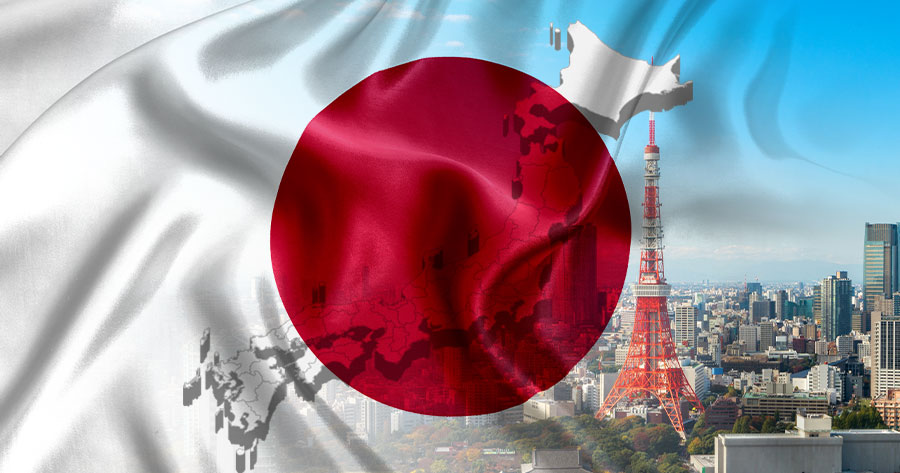In the third quarter, Japan’s economy is expected to slow down significantly as global recession risks hurting external demand, coupled with rising inflation and weak Japanese yen also pressured imported prices that forced consumers to limit their spendings.
The economic data for October is scheduled to be released on November 15 in which the consensus expected for a 1.1% growth on a yearly basis, a sharp slowdown from a 3.5% expansion in the second quarter of this year.
The slowdown underlined an impact from a depreciation of Japanese yen against the dollar, causing strains on the cost of living as food and fuel prices continued to rise.
Fumio Kishida, the prime minister of Japan, stepped up to support households with extra spending in the budget of 29 trillion yen to ease the effect of cost-push inflation.
Takeshi Minami, chief economist at Norinchukin Research Institute noted that unlike western countries, Japan does not have a pent-up demand and service consumption at hotels and restaurants remains stagnant despite relaxation of Covid controls. Meanwhile, supply-side restrictions also limited car output.
He added that there is a possibility that the economy will slip into recession next year.
On the other hand, capital expenditure is expected to rise 2.1% in the thor quarter, a slight increase from 2%, which would be an improved performance from exports, boosted by weak yen.





